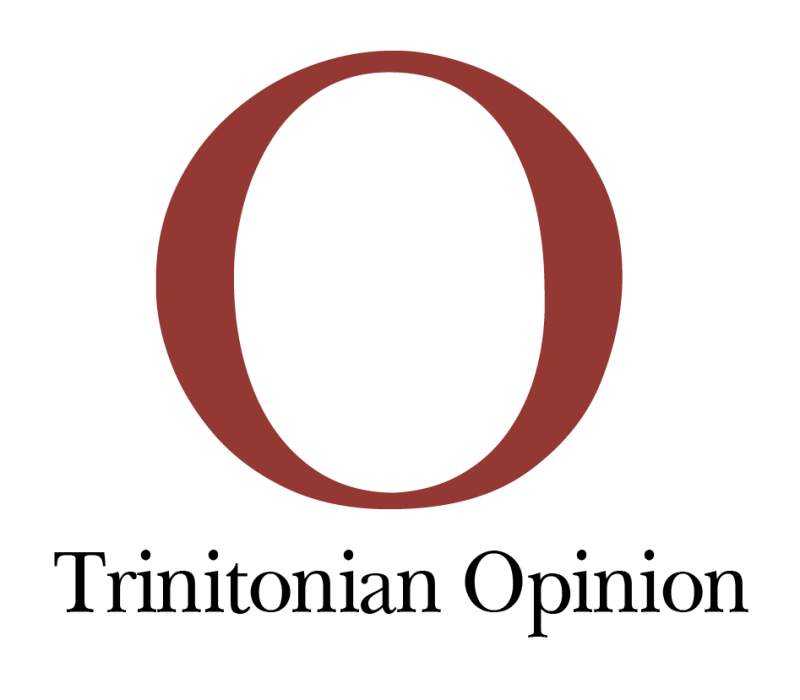Returning to campus following a lengthy winter break is an endeavor that receives mixed reviews. For some, the timing is right. You rekindled with your high school friends, the trip to Belize is appearing further and further in your rearview mirror, and you have grown weary of your mom asking, “How are you going to be productive today?” The vacation is over, you have accepted it, and your work routine and social life await. Some are less enthusiastic. (Not ready to let go of home cooked meals, lazy Tuesdays, or a general lack of responsibilities for Mabee and Einsteins, terribly busy Tuesdays, and a stacked Google calendar, you may find yourself questioning why you chose this life path.) You cannot help but wish, even a little bit, that your break from reality might persist. Variations of the two exist, sure, and while generally speaking you are either (a) ready or (b) not fully ready, I would suggest that in both cases, the idea of continuing one’s schooling is not enticing. Even for the go-getters who say they are “excited” to be back are more inclined to “be excited” for non-school reasons. This inevitable situation gives rise to what is doubtlessly one of the most underappreciated, unheralded periods of time Trinity, and I hope other universities, offers: syllabus week and MLK day.
Seldom recognized for its grace and mercy, syllabus week and MLK day allows the average students an unparalleled advantage in the art of readjusting to the struggles that the average Trinity student endures. Instead of being pushed maliciously into an overwhelming assortment of classes and extracurriculars, we are granted a few days of semi-school, where we sit at our desks and listen to an experienced and intelligent professor introduce attendance policies, grading strategies, and assignment patterns that theoretically we, the students at the qualified and highly regarded institution of Trinity University, should be able to read and understand on our own.
Is there anything stopping our professors from emailing us the syllabus before class begins? For them to ask of us only to read through the syllabus in an effort to understand the nature of their class, and to assign a small reading or work sheet or short essay in preparation for the first day of class. It would not be scholarly for us as students to argue this logic, that enrolling in a class means that you will prepare for it, even if it means sacrificing an hour of your not-exactly-small winter holiday. And I think most of us honest with ourselves would agree; syllabus week is by no stretch of the imagination an imperative part of the course. Skipping the first day of the majority of courses I have taken, in retrospect, would have been better suited to a more productive enterprise. Syllabus week is obviously a waste of valuable time, right?
Wrong. We need and appreciate syllabus week and MLK day before the spring semester much the same way coffee drinkers need and appreciate caffeine in the morning. Without syllabus week, handling these first few days of the spring semester would be very unpleasant, and no one likes unpleasant. It does not matter if you believe you are mentally, physically, and emotionally prepared to resume your Trinity bubble experience, or long for just one more day in your winter break cocoon, syllabus week and MLK day is there for you, an unsung hero in an unforgiving time, buffering reality, and allowing us, the Trinity student body, time to soak in this new semester. Whether or not you receive the homage you deserve has never stopped you. We do not deserve you, but we need you.






